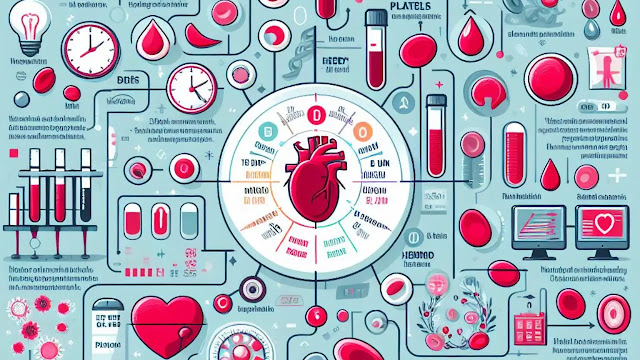What’s “Bun” in Your Blood Test? Demystifying Kidney Function One Level at a Time
Ever glanced at your blood test results and stumbled upon the mysterious “BUN”? Don’t panic! It’s not a hidden ingredient from your grandma’s baking, but an acronym for Blood Urea Nitrogen. And yes, it has something to do with your kidneys.
So, what exactly is BUN?
Think of it as a detective game within your body. The protein you eat gets broken down, leaving behind a nitrogen-rich “clue” called urea. Your liver diligently crafts this urea, sending it on a mission to your kidneys. These clever organs act like filters, extracting most of the urea from your blood and sending it off with your urine.
Here’s where the BUN test comes in. It measures the amount of urea nitrogen left behind in your blood. Healthy kidneys keep BUN levels within a specific range. But if they’re struggling, urea can build up, throwing off the balance and giving us a clue about potential kidney issues.
Why is BUN important?
A BUN test, often paired with other kidney function markers, helps your doctor detect:
Early signs of kidney disease: Even before symptoms appear, elevated BUN levels can sound the alarm.
The severity of existing kidney problems: Monitoring BUN levels helps track the effectiveness of treatment and the potential progression of kidney disease.
Other conditions: High BUN can also indicate dehydration, certain urinary tract infections, or liver problems.
What happens if my BUN is abnormal?
Don’t fret! High or low BUN doesn’t automatically diagnose a specific condition. Your doctor will consider various factors, like your overall health, medications, and other test results, to form a complete picture.
How many grams of sodium per day
The key takeaway?
BUN, as part of a comprehensive blood panel, plays a crucial role in safeguarding your kidney health. Remember, early detection and intervention are key to managing kidney problems effectively. So, next time you see “BUN” on your test results, take it as an opportunity to open a dialogue with your doctor and prioritize your kidney health.

